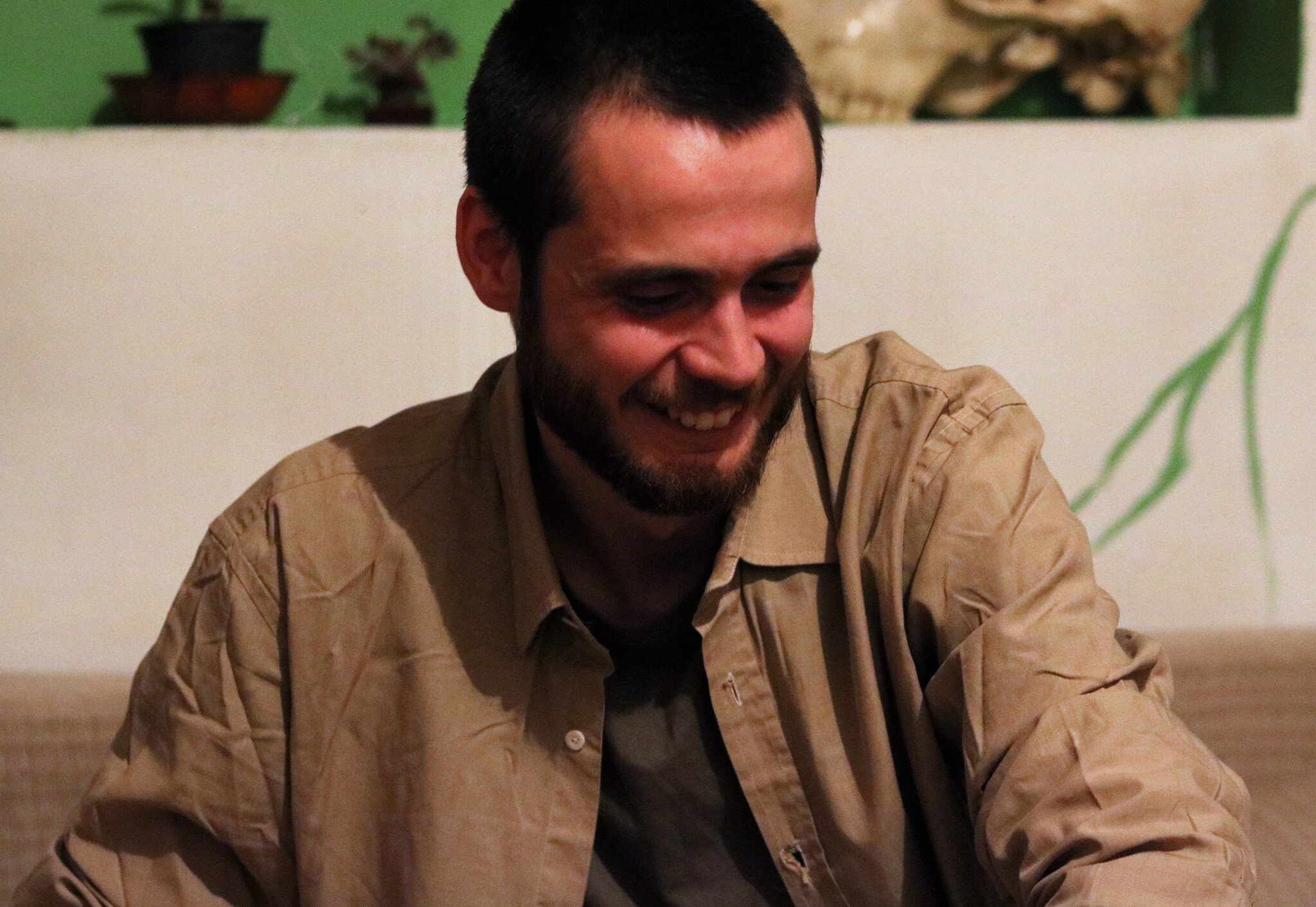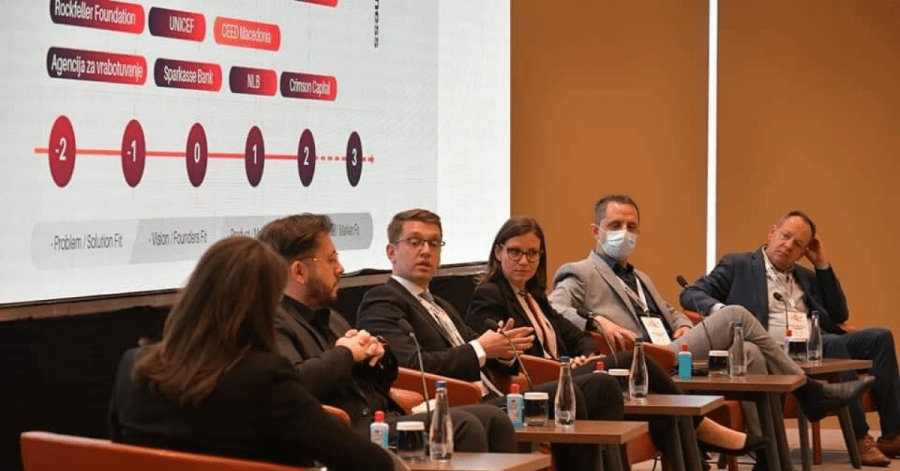While North Macedonia is looking to consolidate its economy in the post-pandemic aftermath, the country’s young, but vibrant ecosystem could play an important part in the recovery process. For Startup Macedonia, an umbrella ecosystem organization founded in 2016, the debate about the progress and potential success of Macedonian startups is finally becoming present in its society, with government structures acknowledging what this could mean for the small country in terms of its economic development.
Startup Macedonia’s co-founder Igor Madzov shares with The Recursive that with a number of around 400 active startups in different fields, North Macedonia’s ecosystem is gathering pace and is so far offering promising results.
“There are around 350-400 startup companies that operate in that field of innovation, technology, value creation, and increased growth potential. As an ecosystem we are also seeking our identity, what is our specificity, because we are a small country with limited natural resources. However, the people are the greatest resource, and therefore providing support and pooling of these available resources was the main reason for founding our organization,” Madzov explains further.
The organization recently published a research in which Macedonian startups are asked how they coped during the COVID-19 pandemic. Surprisingly, over 70 percent of them said that they were either better off or their situation remained the same, which speaks about how the ecosystem itself is evolving and adapting to new challenges.
“This illustrates that the nature of the startups’ actions itself is changing, pivoting, and finding new ways for functioning. The whole wave of digitization that the traditional sector recognized should happen, has also created space for new solutions that can also be applied in the domestic market,” Madzov tells The Recursive.
What is North Macedonia’s competitive edge?
According to Madzov, at the moment most of the startups focus on the foreign and global markets, in new and emerging industries such as artificial intelligence (AI), agricultural technology, or biotechnology.
“Most of the companies apply their solutions in foreign markets, and what we now see as an opportunity for development is in the field of agricultural technology, cannabis tech, artificial intelligence, or data science. Companies in these sectors are also looking for ways on how to “multiply” the few people that are working on such projects, and to build a competitive advantage over other countries in the region,” Madzov points out.
For these startups themselves, finding human capital is perhaps the biggest challenge when they are starting out.
Pixyle, a startup that uses AI to identify fashion apparel in images, was founded in 2018, in the small town of Shtip. According to its founder and CEO Svetlana Kordumova, when working with AI, for example, there weren’t as many options for the recruiting process.
“While building a startup from the beginning you are also working on developing value from the beginning and there are many challenges. We were aware that because we work with AI we may not find people with that experience and knowledge, and therefore our strategy was to look for people who can learn quickly and that proved to be quite good,” Kordumova said during a panel discussion at the first National Startup Summit, partially organized by Startup Macedonia.
“Although most of them were students from the faculty in Shtip, we managed to work on a technology and a solution that is now used all over the world,” Kordumova added.
Corporations and business angels have yet to step up
At the moment, most of the startups in North Macedonia are getting their seed capital through the state-sponsored Fund for Innovation and Technology Development (FITD). And while the FITD is doing its part in assisting these startups in most aspects of their work, starting with grants and projects for additional funding, it is also set out to motivate large corporations to begin investing into these companies.
“The pandemic may have provided an interesting opportunity to create a new and different story for the Macedonian economy. From what we see in our portfolio, there are some companies that could, with a little bit more support, be able to position themselves globally. We believe that some of the areas in which we can succeed are AI, biotechnology, and healthtech, and that there’s definitely a potential for development,” FITD’s managing director Kosta Petrov tells The Recursive.
According to Petrov, so far, the role of the corporations and business angels has been underwhelming, and this needs to change.
“We know that this is a high-risk investment and that it takes time, successful global companies have not become such overnight, and while we see as a state how much we can help, both corporations and business angels must wake up and invest. What worries me a little bit is that people focus on security, not so much on innovation, and innovative startups mean insecurity for them. But when we have positive examples, real focus, and investment, we will change that perception and young people will realize that the future is in the private sector and startups,” Petrov points out.

Dime Galapchev, CEO and founder of Project Robin Hood, ©Dime Galapchev
Dime Galapchev, a CEO and a founder of an AI startup called “Project Robin Hood”, echoes that sentiment. Starting out the project with the help of a Swiss fintech company, he says that this type of help could really help inspire a boom in this industry in the country.
“The startup culture in advanced technologies such as AI is difficult in itself, firstly because of the complexity of technology development, then because of the reasoning with angel investors, who are key to survival, especially in countries with low GDP. As a low-income country, due to the lack of and difficult negotiations with domestic investors, as well as those who have the majority still prefer traditional sectors, such entrepreneurs are often discouraged,” Galapchev tells The Recursive. He adds: “However, with the modernization of the country and with the help that is coming from external organizations willing to help startups working with advanced technologies, this presents a chance for these companies to be able to contribute in their own way to the economy and society.”








